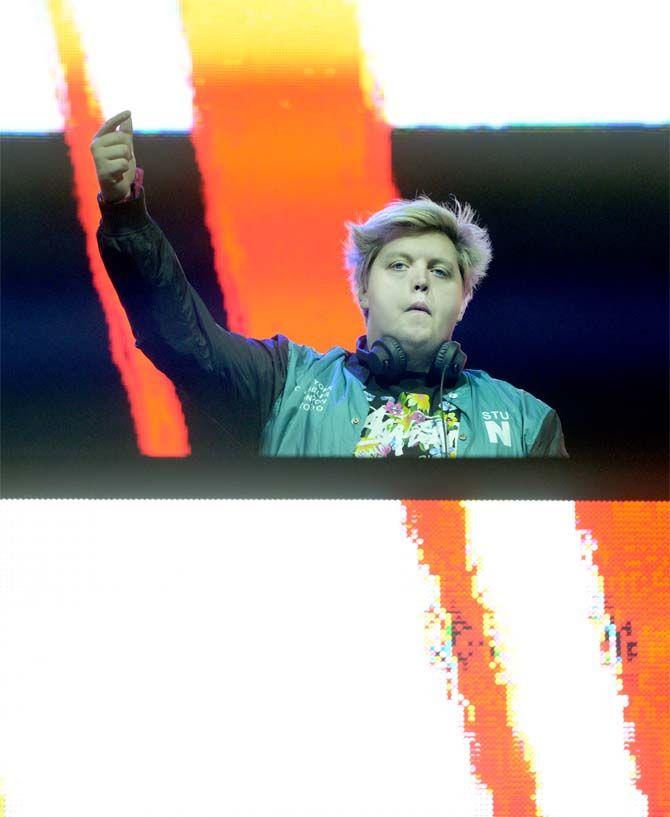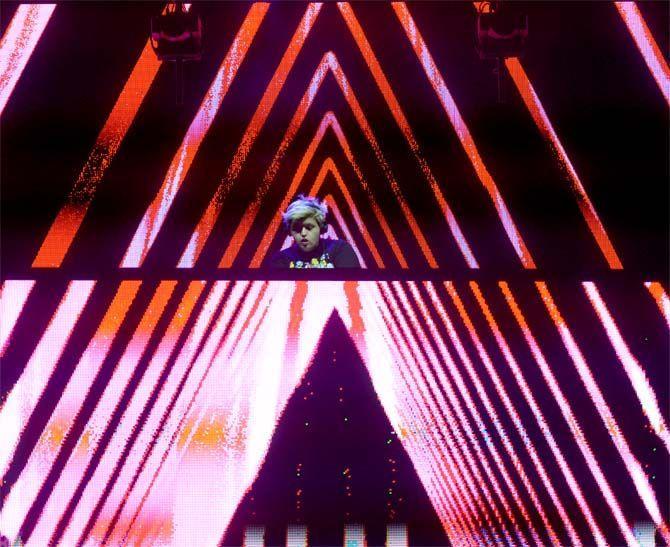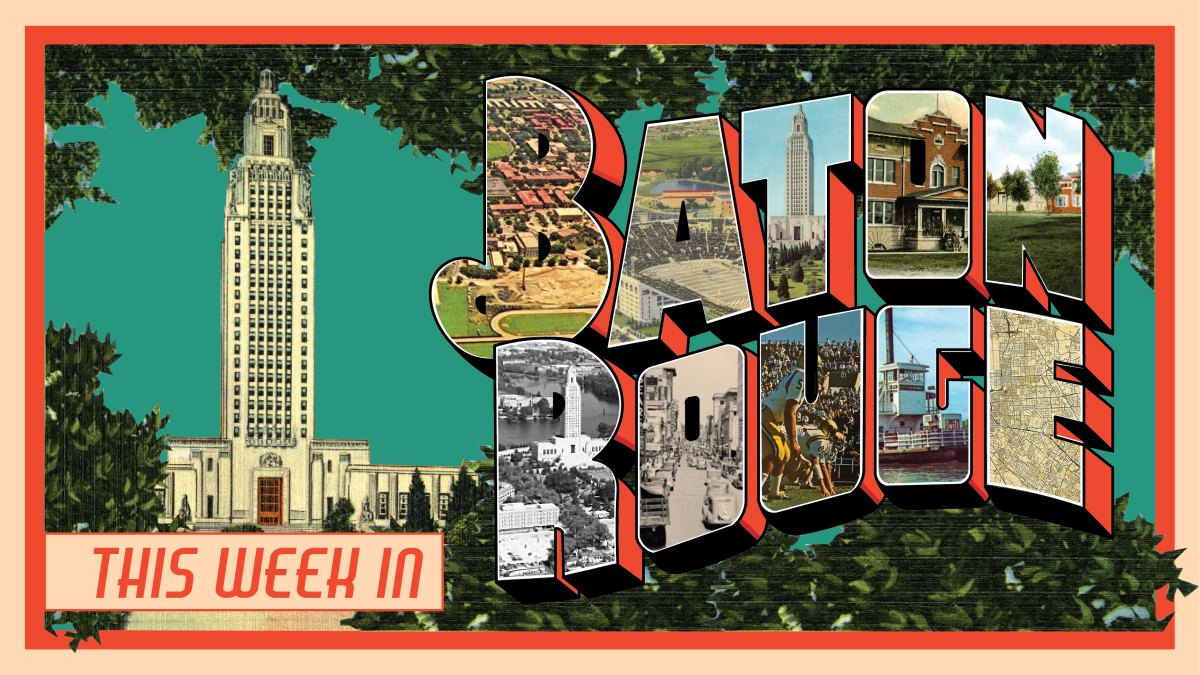NEW ORLEANS — When mentioning the leaders of the dubstep genre, United Kingdom-based artist Flux Pavilion tends to come up in conversation. The producer has toured all over the world working on songs for films and collaborating with other artists.
Flux Pavilion decided to end his touring season at Voodoo this year, where The Daily Reveille sat down with him to discuss his set and how he makes his music.
The Daily Reveille: You just finished your set at the Le Plur stage. How was it?
Flux Pavilion: Well, I’ve been on the road for nine weeks now. This was the last show in my nine-week tour, so I feel good having reached the end, but I feel especially good having it end at a festival. There’s so much — in America especially — there are one day events that are called festivals, whereas in the U.K. and around Europe, a festival tends to be a big sprawling celebration of music. It’s good to be stateside and be a part of a real festival.
TDR: How do you feel your music has progressed since the days of “I Can’t Stop”?
FP: I don’t know, really. I just keep on writing it, I guess. I feel like I’m starting to understand how to approach production a lot more than I used to. “I Can’t Stop,” I wrote in my bedroom with some [approximately $320] speakers. I feel like I understand the process of writing music now. At the same time, I’m trying to forget everything I’ve learned and just go back to when I was 12 and it was more fun. Life is more fun as a little kid, so I want to go back there in my mind.
TDR: You’ve worked with the likes of Steve Aoki, Childish Gambino and more. How is it working with all of these artists?
FP: It tends to happen all over Twitter. I tweeted Childish Gambino because he’d done a freestyle on a beat that I’d wrote, and then he hit me up to do a remix. I started working on the remix and I was like, “You know what? This is too good.” So I just made a whole new song out of it. Steve Aoki is someone I see at festivals all the time, and it was inevitable that we’d work together. It’s like having a meal with someone you’ve known for years. Whenever you meet, you always go to dinner. It’s the same way with the studio.
TDR: People know who you are, but not what you look like. Are you OK with not having as much of a face to your name?
FP: It’s never really the intention, is it? When you’re writing music, you don’t start thinking about how you’re gonna sell it — you think about how good the music will be. Being around so many big brands now, I can learn a few things. But for me, if the song is good, then who cares what you look like? Who cares what the album cover is? That’s why I put most of my attention into the music. I have an awesome team of agents and management to do all that other stuff.
TDR: Where do you find most of your musical inspiration?
FP: It comes from a feeling. I listen to a piece of music, and it makes me feel a certain way. So then I’ll try to write a piece of music that makes me feel that same type of way. Let’s say it was an Arctic Monkeys record, and I listened to it, and it makes me feel like I’m standing at the edge of a cliff, but I don’t want to jump. All I want to do is soak up the wonder and look at it. If it makes me feel like that, then I try to write a record that captures that feeling. But I’m not Arctic Monkeys. I don’t have the sound they do or the instruments, so my sound will be different from theirs, but it’ll have that same feeling.
TDR: Now that you’re all done touring, what’s next?
FP: Well I’ve got a full-length album. I’ve got about 15 or 16 tracks that I’ll probably whittle down to about 12 solid tracks. I’ve got about two months to finish it, and it’s coming out next year.
You can reach Joshua Jackson on Twitter @Joshua_Jackson_.
Flux Pavilion talks Voodoo experience and creative process
November 2, 2014
Flux Pavilion plays at Le Plur stage during Voodoo Fest November 1, 2014.








